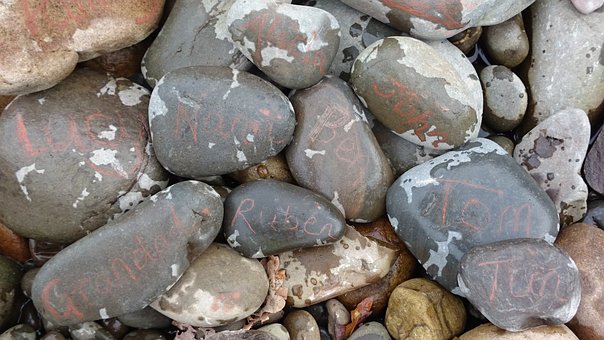Offoboche v. Offoboche [2006] 13 NWLR (Pt. 997) 298 at 306, paras. B-D, per Ibiyeye, JCA:
“…No legislation in Nigeria restricts a person to a fixed number of names or enjoys a monopoly of names. In effect, even if names are identical or the same, no person in Nigeria has a legal right to restrain another person from answering or bearing those names. I dare say that the appellant is only creating dispute where there is none.”
Blogger’s Note:
The facts of this case are interesting. The case of the Appellant (Dr. Mathias Oko Offoboche) against the Respondent (Mr. Cletus (Clay) Oko Offoboche) was that the Respondent was not the biological, foster or adopted son of the Appellant and that no relationship existed between them. The Appellant caused a letter to be written to the Respondent (by the defunct Gani Fawehinmi Chambers) advising the Respondent to desist from parading himself or representing to be the son of the Appellant. Further to this, the Appellant published a disclaimer in one of the national dailies to the effect that the Respondent was not his son. Subsequently, the Appellant filed an action in court seeking a declaration that the Respondent was not his biological or adopted son; a mandatory order directing the Respondent to drop the name of the Appellant; and also orders of injunction restraining the Respondent from using the name of the Appellant, and parading himself as the Appellant’s son. The trial Court held that the Respondent was not the biological or foster or adopted son of the Appellant and restrained the Respondent from parading himself as one. The trial Court however refused the prayer for an order of injunction restraining the Respondent from using the name of the Appellant on the ground that the Respondent had the right to bear whatever name he may choose. In upholding the reasoning of the learned trial Judge, the Court of Appeal stated the above quoted position of the law, relying on the case of Alliance for Democracy v. Fayose [2005] 10 NWLR (Pt. 932) 151.
Notably, our research revealed that the case of Alliance for Democracy v. Fayose (supra) was mistakenly cited as “[2004] 8 NWLR (Pt. 876) 639” in the report. Although we have a case reported as Alliance for Democracy v. Fayose [2004] 8 NWLR (Pt. 876) 639, that is not the relevant case. The relevant one is Alliance for Democracy v. Fayose [2005] 10 NWLR (Pt. 932) 151 where at page 193, para B of the report, Nsofor, JCA reasoned: “Of what concern or to whom does it matter if “A” chooses to be called or known by many, or very many names? I must confess that I know of no legislation or a Decree in Nigeria restricting any person(s) to a number of names he may be called or known by. No such law!”
It is pertinent to observe that the above position of the law works fine in the case of individuals but definitely not in the case of artificial persons like companies. For instance, a registered company has the exclusive right to use the name by which the company is duly registered; and may apply to subsequently change its name. Usually, where a particular name is already registered, that name is most likely to be unavailable for further use or registration by another company. More so, a company does not have the liberty to go by just any name as certain names are by law restricted and prohibited. See generally Section 30 of the Companies and Allied Matters Act, Cap C20, Laws of the Federation of Nigeria 2004.
